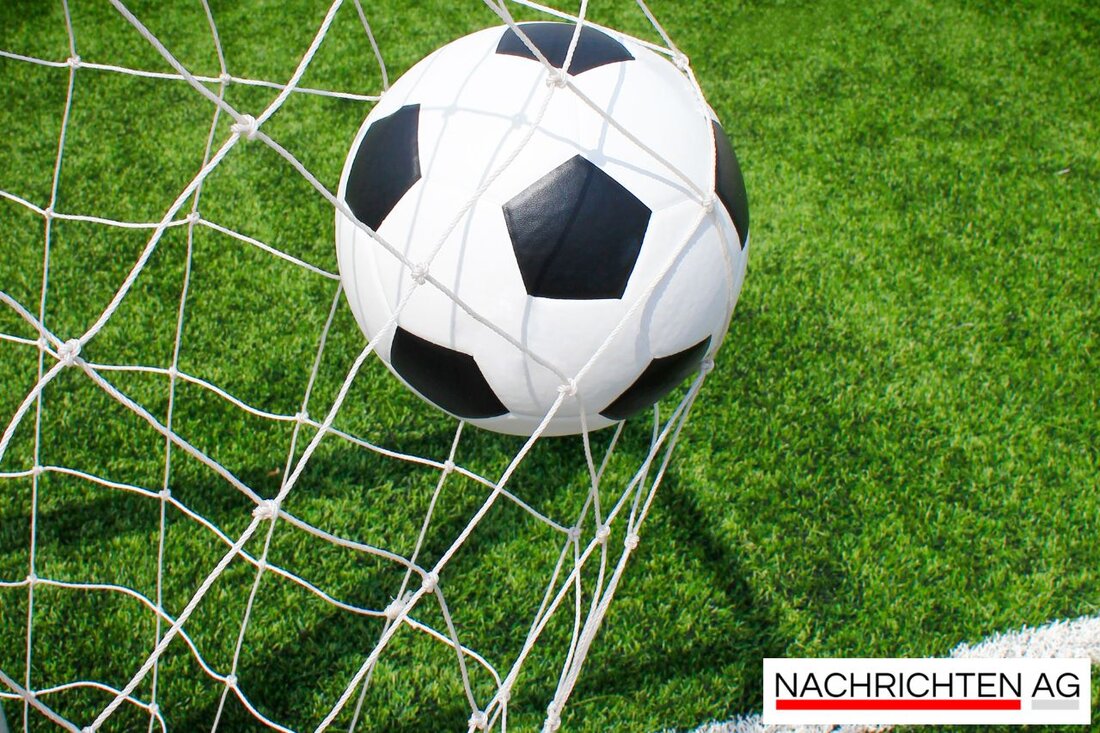AFM Radio: Anniversary of the inclusive listening service in the Millerntor Stadium!
FC St. Pauli's AFM radio is celebrating 20 years of inclusive reporting for blind fans in the Millerntor Stadium.

AFM Radio: Anniversary of the inclusive listening service in the Millerntor Stadium!
Something special is happening behind the scenes at the Millerntor Stadium: FC St. Pauli's AFM radio is celebrating an impressive birthday. A project that was launched for blind fans and not only enriches stadium life, but also sets an important example for inclusion. The initiative was launched by Katja and Michael Löffler and Wolf Schmidt, inspired by a touching experience with a blind fan who was wearing a Matthias Scherz jersey. Wolf Schmidt realized that blind fans needed a completely different perspective and began commenting on the game out loud to provide them with information.
Although there was initial resistance, Schmidt was not discouraged. After an unsuccessful letter to the club, which brought no response, the first reports for the blind began in 2004 in the Millerntor Stadium using improvised technology. A year later AFM radio was founded. Since then, the team, which works largely on a voluntary basis and mostly organizes the technology using its own funds, has been broadcasting on the FM frequency 98.6 MHz for every home and away game. The broadcasts can not only be heard throughout the stadium, but can also be accessed via loudspeakers in the sanitary facilities on the back straight.
A project for everyone
The AFM radio sees itself as a low-threshold access option for blind fans. The broadcasts are free and will also be made available online in the future. Impressive feedback, such as an email from a scientist in Antarctica, shows that the reports work beyond the target group. The team is guided by the original idea of offering a precise form of reportage. The AFM radio is supported by the Supporting Members Department (AFM), which provides financial support.
In Germany, the inclusion of people with disabilities is far from being a given in many areas. An article about inclusion in sport points out that the participation of people with disabilities in sport ensures physical and psychological well-being as well as social interaction. However, there are still major challenges in this country. Only around 13% of students with special educational needs are integrated into mainstream schools. In addition, there is often a lack of barrier-free sports facilities and qualified teachers.
This reality makes it clear that there is still a lot to be done in sport. Although organized sports for the disabled in Germany has a long history - starting with the founding of the first deaf sports club in 1888 - integrative approaches have only been in the discourse since the 1970s. Despite all the progress, it is clear that not only new offerings are needed, but institutional change must also be promoted. The UN Convention on the Rights of Persons with Disabilities of 2006 calls for equal participation in sporting activities, but the conditions for this are often not yet met bpb.de presented in detail.
Accessibility in everyday life
A positive step towards improving accessibility is the city of Würzburg's initiative to promote access to shops for wheelchair users. Mobile wheelchair ramps are provided to remove obstacles such as steps at the entrances. This makes it easier to visit shops. The city has launched a collaboration with the WüSL e.V. association and has also tested various ramp models in order to find solutions that can be used in practice. A subsidy of 70% of the cost of a ramp of around 500 euros makes implementation easier for business owners.
All of these measures, be it in sport or in everyday life, show that it is important to break down barriers and promote inclusion. AFM radio is an outstanding example of how much can be achieved when people get involved and stand up for each other.

 Suche
Suche
 Mein Konto
Mein Konto